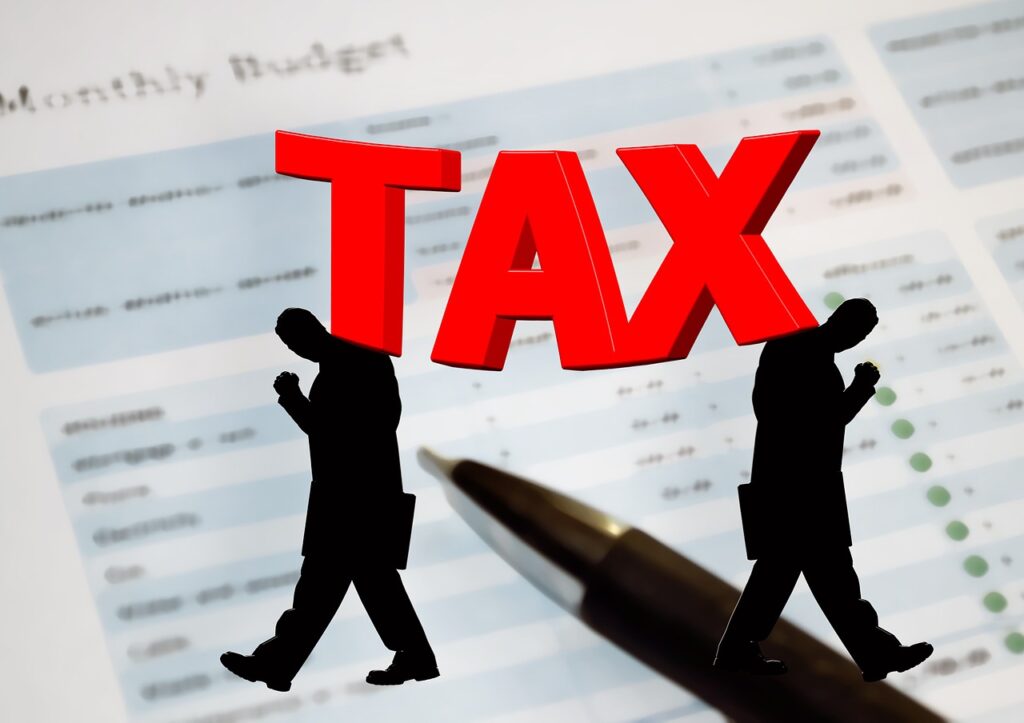Learn about the tax implications of bank bonuses and earned interest on your tax filing. Understand the tax rate, differences between bank and credit card bonuses, and tips for managing your earnings during tax season.
Questions Answered in this Article
- What is the tax rate for bank interest and bonuses in the US in 2023?
- The tax rate for interest earned from savings accounts and bank bonuses is the same as your income tax rate, which ranges from 10% to 37%.
- What tax form might a bank issue for earned interest?
- A bank may issue a 1099-INT tax form for earned interest.
- Are credit card bonuses subject to taxation?
- No, credit card bonuses are not subject to taxation as they are categorized as rebates on spending rather than income by the IRS.
- How can you be smart with your bank account interest and bonuses?
- To be smart with your bank account interest and bonuses, it’s recommended to set aside a percentage of your earnings in advance to cover your tax obligations, keep a log of your earnings, and understand the terms of any bonus offer before signing up.
- What should you do if you realize you left something out of your tax filing?
- If you realize you left something out of your tax filing, you can amend your tax return by contacting the IRS.
How Bank Bonuses and Interest Can Affect Your Tax Filing
As tax season is underway, you may gather your charitable donation receipts, W-2 forms, and deductions to file with the Internal Revenue Service. However, it’s important to note that if you received any bank sign-up bonuses or earned interest on your bank balance, you may be liable for additional taxes you didn’t anticipate. The Federal Reserve’s ongoing rate increases have resulted in high-interest rates on bank accounts, such as high-yield savings accounts, and bank sign-up bonuses and promotions are frequently worth $100 or more. It’s essential to remember that these bonuses and interest are considered additional income by the IRS, and the government will take its share.
The Tax Implications of Bank Interest and Bonuses
In the United States in 2023, the tax rate for interest earned from savings accounts is the same as your income tax rate, which ranges from 10% to 37%. If you’ve received interest, your bank may issue a 1099-INT tax form, which indicates the amount you owe in taxes on your earned interest.
Similarly, bank bonuses are usually taxed at the same rate, and you may receive a 1099-MISC form instead of or in addition to a 1099-INT form. However, some banks may not send out any documents at all. Nonetheless, it’s important to note that not receiving a state does not exempt you from including your bank bonuses in your tax return.
Suppose you’ve earned bank interest or a sign-up bonus but haven’t received any tax forms. In that case, you can add this income to your 1040 form, which enables you to declare any additional income you’ve received that’s not reflected on a 1099 or W-2 form, such as prize winnings, alimony, and other sources of income. Tax software may prompt you to include additional income when submitting your paper, and it will calculate the extra taxes you owe based on the information provided in your filing.
If you realize you’ve left something out of your tax filing, you can amend your tax return by contacting the IRS.
Credit Card Bonuses vs. Bank Bonuses: Tax Differences
Unlike bank bonuses, credit card bonuses are not subject to taxation as they are categorized as rebates on spending rather than income by the IRS.
Credit card bonuses are typically earned by meeting a minimum spending requirement, usually within a specific period, such as three months.
Tips for Managing Bank Account Interest and Bonuses During Tax Season
To be smart with your bank account interest and bonuses, it’s recommended to set aside a percentage of your earnings in advance to cover your tax obligations. Consider keeping your tax money in a separate savings subaccount that you won’t access for anything else. Keeping a log of your interest, dividends, and bonuses throughout the year can also help you avoid surprises when tax season comes around.
If you frequently open new bank accounts and move money among them to earn multiple sign-up bonuses, you may owe more taxes due to the increased income. It’s essential to read and understand the terms of any bonus offer before signing up to avoid any issues in the future.
Don’t forget to look into your tax obligations regarding your bank account as you compile your tax forms. Underreporting income, even accidentally, can lead to an audit or legal problems. By staying on top of your paperwork and paying your taxes, you can get through tax season smoothly while earning more in your bank account. Keep in mind that taxes are due by April 18 this year.
Summary
- Bank sign-up bonuses and earned interest on bank balances are additional income that may be liable for taxes.
- The tax rate for bank interest and bonuses is the same as the income tax rate, which ranges from 10% to 37% in the United States in 2023.
- Banks may issue a 1099-INT or a 1099-MISC tax form to indicate the amount owed in taxes on earned interest and bank bonuses, respectively.
- Not receiving a tax form does not exempt you from including bank bonuses in your tax return.
- Credit card bonuses are not subject to taxation as they are categorized as rebates on spending rather than income by the IRS.
- To be smart with bank account interest and bonuses, it’s recommended to set aside a percentage of earnings in advance to cover tax obligations and keep a log of interest, dividends, and bonuses throughout the year.
- Underreporting income can lead to legal problems, so it’s important to stay on top of paperwork and pay taxes.















